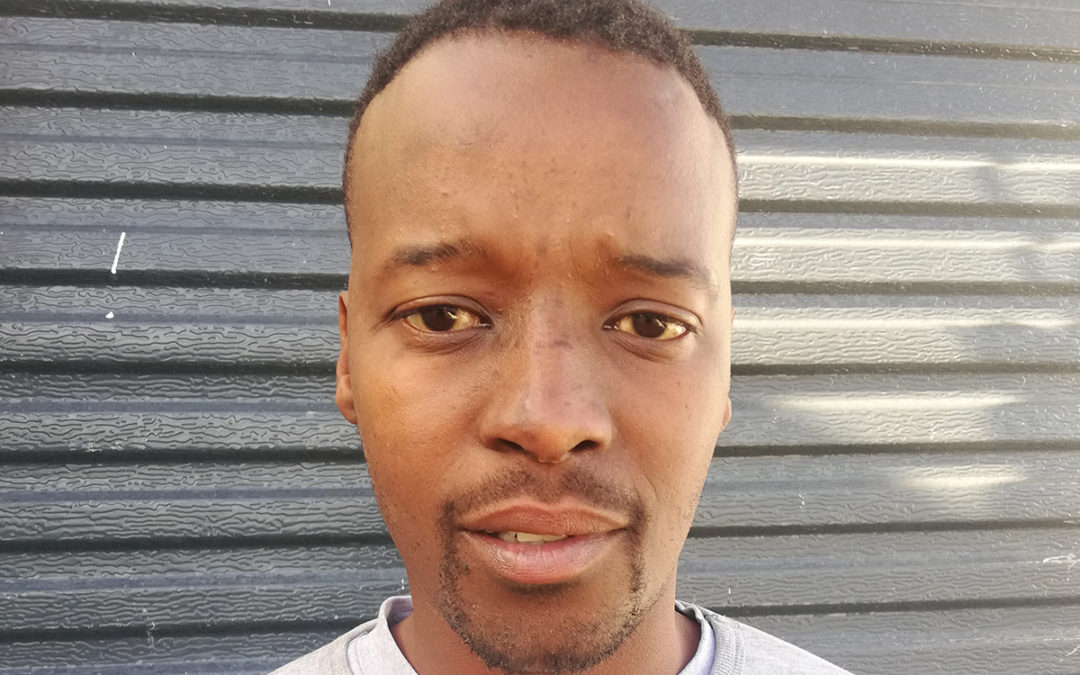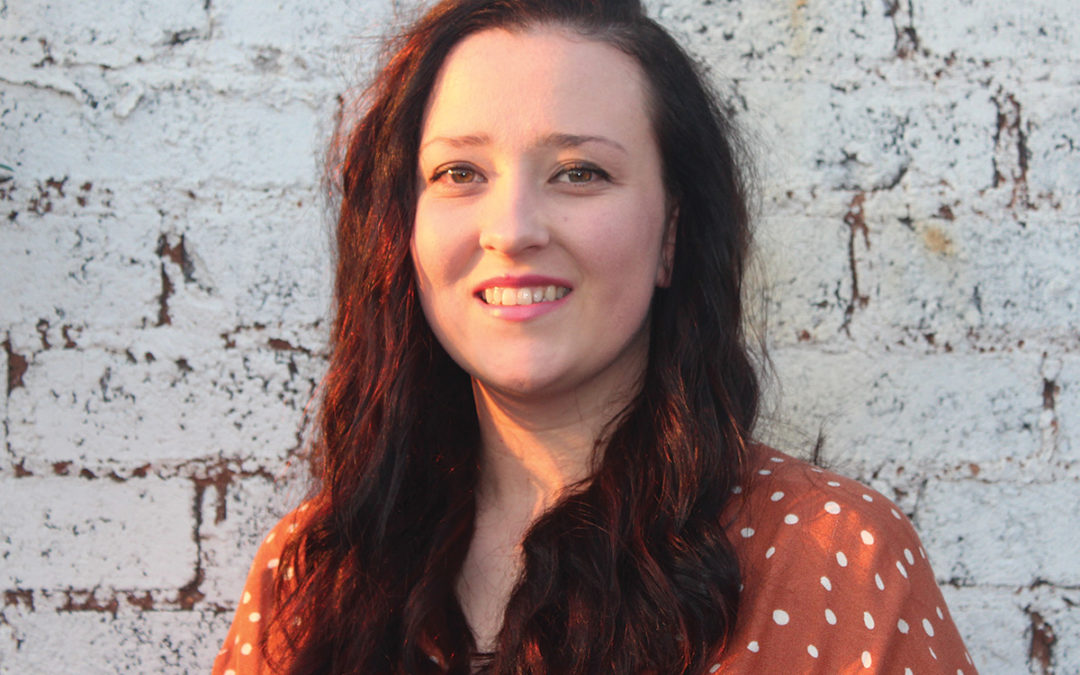“Striking a balance and integration of my intelligence, spiritual and emotional quotient has been very important to me,” says Preshanthie Naicker-Manick, speaking of her position as deputy director at South Africa’s department of environment, forestry and fisheries — as well as having her hands full as a mother and a master’s candidate in environmental microbiology at the University of KwaZulu-Natal.
Naicker-Manick credits her experience as a mother for augmenting her already established and extensive academic experience. “Being a leader is an innate trait for me. However, being a mom has shaped me to create my leadership blueprint based on the principles of self-confidence and empathy,” she explains. The balance that she’s established allows her to use her life experiences and advanced knowledge in sciences to provide a service for the benefit of all life forms. Spiritual experiences are vital for a well-rounded self, and have allowed her to establish the direction of her spiritual compass.
“Being on pilgrimage in India with my parents, and singing Christmas carols with my guru has certainly been my proudest moment for my mind and soul,” she says. “My spiritual experience during the pilgrimage has set my true North in my spiritual compass.”
While a five-year plan is effective as a goal-oriented guide, Naicker-Manick suggests that living in the moment and riding the right wave can benefit your career and personal life in ways you might not expect. She believes it’s her responsibility to serve South Africa through her knowledge and experience in the environmental and small business sector. Focusing on inclusive development for women, youth and those with disabilities in South African sectors gives Naicker-Manick the drive to excel, and ensures her impact is enough to carry through generations.





















